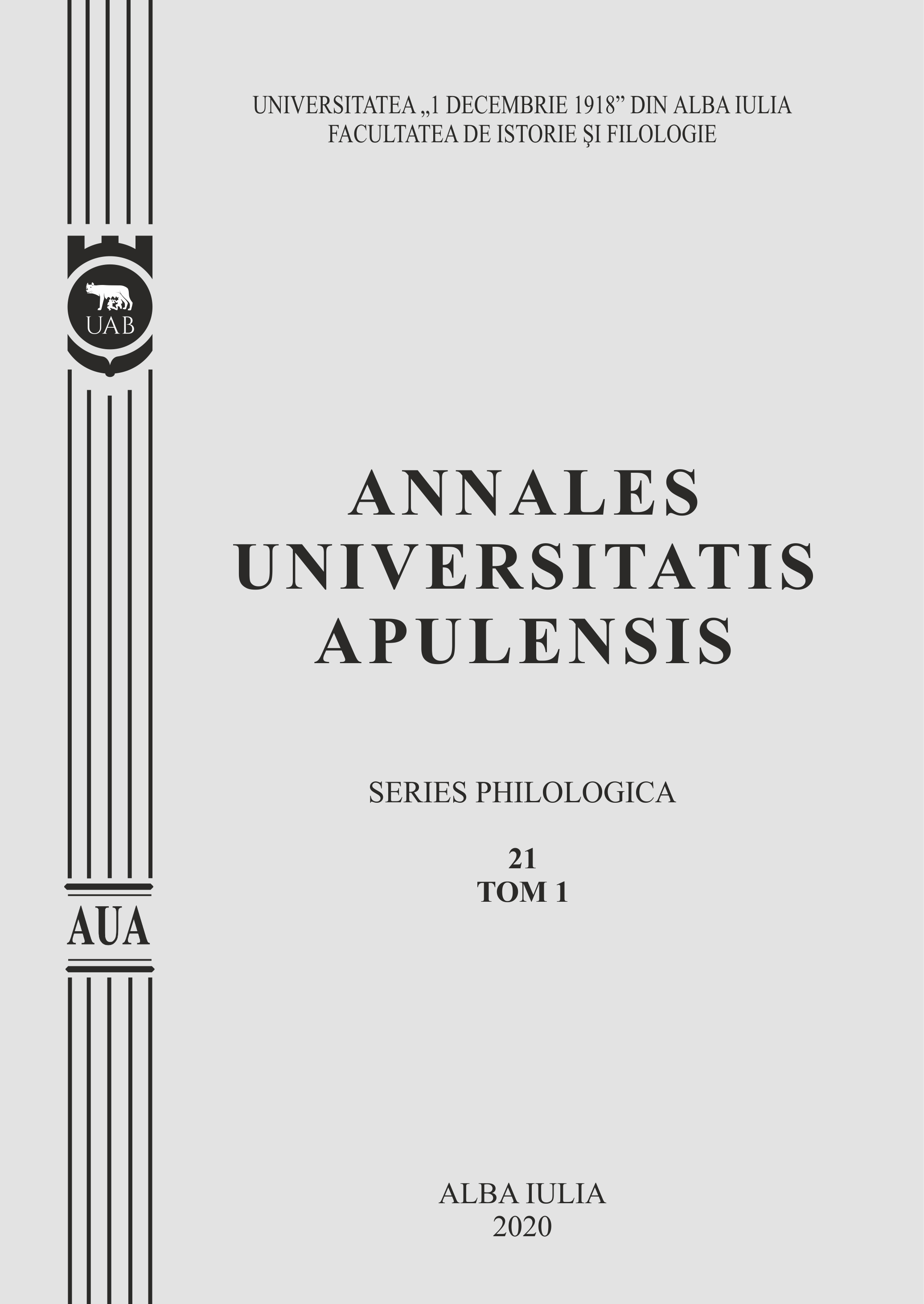L’EXISTENCE DES IMMIGRÉS DE LA PREMIÈRE GÉNÉRATION ENTRE PRÉSENCE ET ABSENCE DANS LA LITTÉRATURE DES INTRANGERS
FIRST GENERATION IMMIGRANTS BETWEEN PRESENCE AND ABSENCE IN THE LITERATURE OF MAGHREB IMMIGRATION
Author(s): Ioana MarcuSubject(s): Language and Literature Studies, Studies of Literature, Comparative Study of Literature
Published by: Universitatea »1 Decembrie 1918« Alba Iulia
Keywords: pays-maraître; matrie; mythation; nostalgy;
Summary/Abstract: The protagonists of the novels resulting from Maghrebian immigration often wander between a before (emigration, fault, rupture, etc.) and an after (present, consequences, etc.). Those who are most upset by what we call “temporal nomadism” are the parents. They usually live in a “past present” which tears them away from everyday life, from the space they have occupied for a long time already – a “hole” in a fetid suburb, against the current of their matrie, from their lost paradise, imperceptibly transformed into an “imaginary homeland”. For Madame and Monsieur Azouik, Madame and Monsieur Zeldani, Madame and Monsieur Rabhan, and so many others, time stopped the day they left their land of birth for another will turn out to be the land of their annihilation. They all undertook a real work of sanctification of the village; this enterprise, sometimes quite unconscious, often prevented them from living fully the new chapter of their existence: exile. Since their departure for the host country, these «naufragés du natal » (Benslama) will constantly feel the discomfort due to an immense, practically irreparable loss, namely the loss of the family, of an earthly paradise, of the «matrie», of a holy place that tears their soul. Nostalgia, as “refus du deuil” (Dahoun), overwhelms their “ghost life”. Some of them fail to integrate into their new world: on the one hand, the lack of control of the French language condemns them to aphasia; on the other hand, they refuse to bend the rules of life of the host society and continue to live according to ancestral customs. They are not satisfied with their self-isolation in relation to other individuals living in their new “home”; they persist in imposing on their own children – children of “virtue” or “sin” – conduct that follows the same archaic principles. The project of these characters-parents, to which they began to think the day after their arrival in France, is undoubtedly the return to the source and the recovery of the lost order. Unfortunately, this reintegration of the oikos will not be achieved soon. During their stay in the bled, hints of the effects of this myth emerge, but, most often, these protagonists insist on not deciphering them. In our contribution, we propose to see how the characters related to the novels Beur’s story by Ferrudja Kessas (1990), Nuit d’encre pour Farah by Malika Madi (2000), Pieds-Blancs by Houda Rouane (2008) and Un homme, ça ne pleure by Faïza Guène (2014) confront, resist or respond to the disappearance of their homeland, how they fight against forgetfulness that could lead to identity disintegration.
Journal: Annales Universitatis Apulensis. Series Philologica
- Issue Year: 21/2020
- Issue No: 1
- Page Range: 19-33
- Page Count: 15
- Language: French

